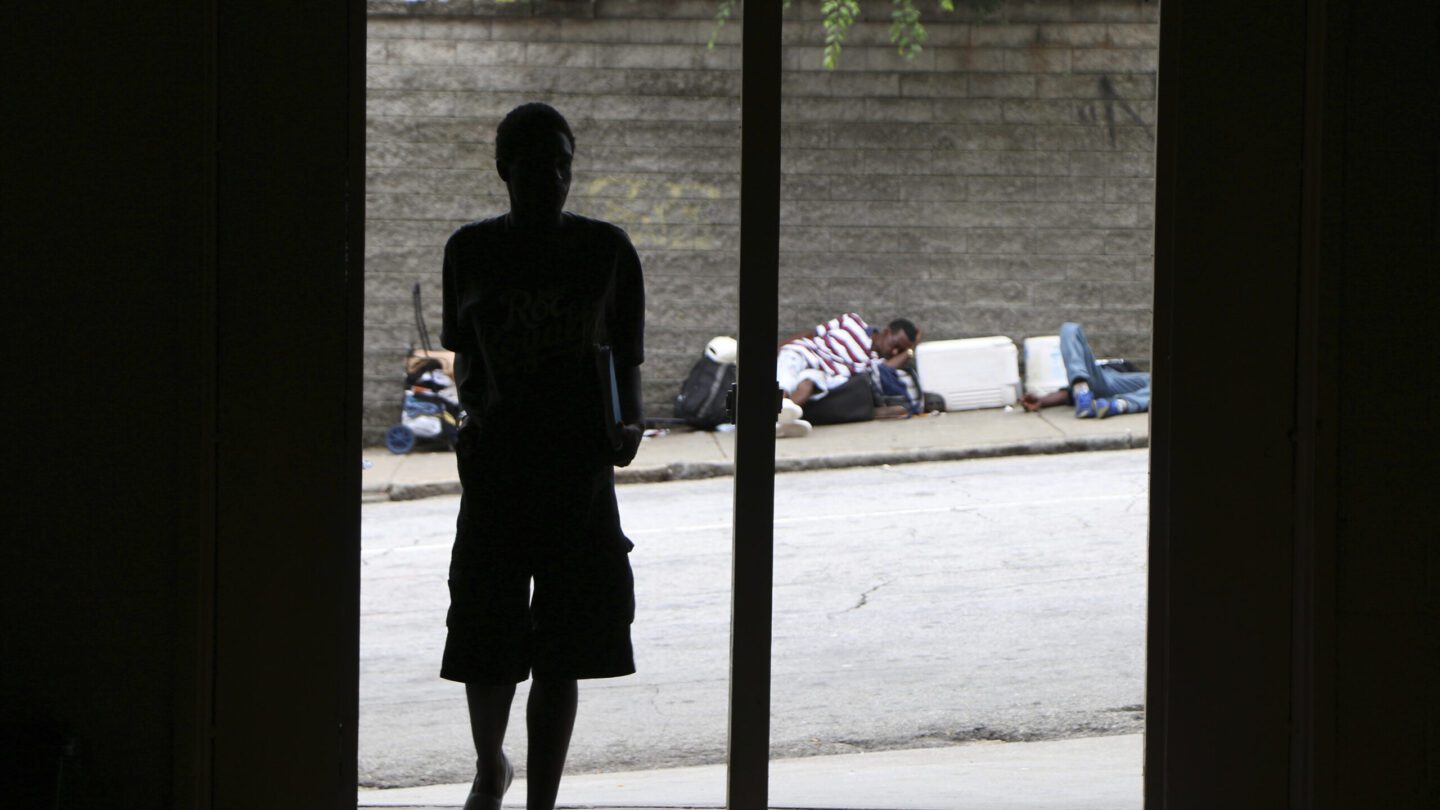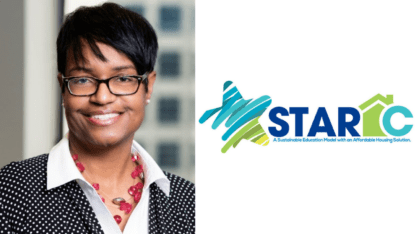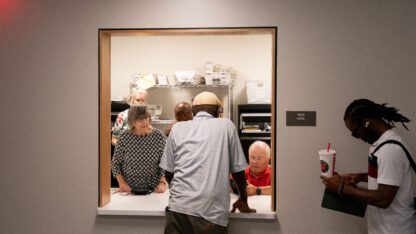This year, Georgia state lawmakers put $1 million toward a new type of program to reduce homelessness.
It departs from the widely accepted “Housing First” model, which aims to get people off the streets as quickly as possible without any preconditions. That theory is based on the idea that people need stable housing before they can focus on getting drug treatment or work.
Republican House Majority Leader Chuck Efstration said he designed the state law to fund “stable housing accountability programs” because he believes some people need requirements, like submitting to regular drug tests.
“That’s an important component to make sure that those who are receiving the benefits of government funding are actually on a path to no longer be homeless,” he said.
According to the law, these accountability programs, which must be voluntary, will provide housing to people who are homeless for 18 months. In exchange, they must find stable employment, stay sober and work toward self-sufficiency.
The programs will only be open to U.S. citizens. Also, people are only eligible if they affirm that they have lived in Georgia for at least a year.
Efstration said he developed the idea for this program based on his experience as a prosecutor. He said he saw how much progress people made in accountability programs, like drug treatment courts, within the justice system.
“I believe that ultimately, this concept will be very successful and very well may be adopted elsewhere in the country,” he said.
The Cicero Institute, a national organization that has lobbied states to move away from ‘Housing First’ policies, praised the new law. The group previously advocated at the state legislature for a law that would penalize cities that did not enforce bans on homeless encampments.
The stable housing accountability programs will receive funding from the preexisting state Housing Trust Fund for the Homeless. The $1 million allocated for this purpose will represent the first increase in state money to the fund in years.
Mariel Risner Sivley, director of housing initiatives at St. Vincent de Paul Georgia, celebrated the new investment. She said there is certainly a need for more housing assistance in the state.
She believes these programs will help some people experiencing homelessness, especially those who may be working and living in their car. But she said she doesn’t expect this approach to reach those who have been on the street a long time and are often the most visibly homeless.
“It’s not going to serve the folks that are the most vulnerable, the folks that need a deeper level of services and those who would be service resistant,” she said.
For those people, she said the state also should support funding that is “Housing First.”
The law creating the new state housing accountability programs went into effect this month. Efstration said the Department of Community Affairs is now determining how it will administer the funding.









